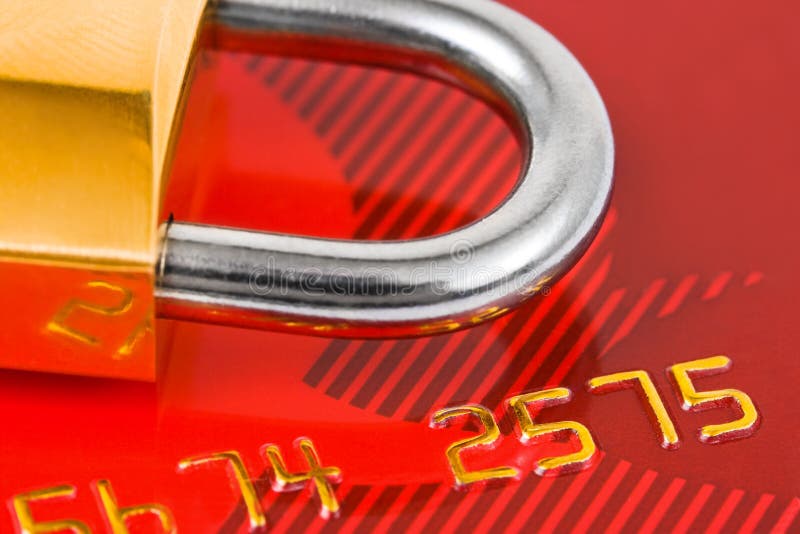
Like a credit freeze, a credit lock prevents your credit report from being shared with companies requesting your file as part of the credit application process. The main difference is that it can be activated and deactivated instantly, whereas you may have to wait for a credit freeze or thaw to take effect. To activate or deactivate a credit freeze, you’ll need to provide your Social Security Number, birth date, your personal PIN number (as mentioned above), and other identifying information to the credit bureaus to confirm your identity.Ī credit lock functions very similarly to a credit freeze. Or you can unfreeze your credit for one specific lender by setting up a single-use PIN for them to use. You can lift your freeze temporarily (for a set period of time) or permanently (until you decide otherwise). Once you’ve requested a credit freeze, it can take as long as a business day to take effect, and up to an hour to “thaw.” If you’re planning on opening a new account or making a big purchase that requires a credit check, be sure to request your credit freeze be lifted (also known as a “credit thaw”) with all three credit bureaus at least two days in advance to avoid unwanted delays. But it’s important to note that you won’t be able to open new accounts in your name while the credit freeze is in place. For this reason, many parents opt to freeze credit for their minor children younger than 16 (which experts strongly recommend to protect the child’s financial future).

#LOCK VS ZE CREDIT FREE#
When you place a credit freeze, you’ll typically receive a personal identification number (PIN) that you can use to cancel the freeze by phone.Ĭredit freezes are free and will not affect your credit score.
#LOCK VS ZE CREDIT PRO#
Pro Tip: Worried about a fraudulent loan slipping through the cracks even with a credit freeze in place? AAA Identity Champion’s Protect and Complete plans both include enhanced Alternative Loan Monitoring to warn you of more types of fraudulent activity that may not appear on a credit report. Keep in mind that there are a few exceptions, such as payday loans and buy-now-pay-later loans, where a credit check isn’t always required. As a result, scammers will find it more difficult to open credit cards or loans in your name, since reputable financial institutions will check these reports before extending credit. Once your credit file is “frozen,” companies that request your credit information will be denied access. Transunion: Visit /credit-help or call 88.

Experian: Visit /freeze/center.html or call 88.Equifax: Visit /personal/credit-report-services or call 80.You can activate a credit freeze by contacting each of the three major credit bureaus - Experian, Equifax, and TransUnion - and asking them to freeze your credit file.
#LOCK VS ZE CREDIT HOW TO#
Read on to learn the difference between the two options, and how to evaluate which may be right for you. In just the first three months of 2022, the Federal Trade Commission received more than 165,000 reports of fraud related to credit cards, loans, and leases, a 12% increase from the same period in 2021.¹ Even more alarming, many victims may not discover that fraud has occurred until they begin receiving payment notices for loans they didn’t apply for.īecause new account fraud can negatively impact your credit score and finances, using a credit lock or credit freeze is a smart way to protect yourself against this kind of fraud. These are two different ways you can help to prevent fraudsters from opening new credit cards and taking out loans in your name. If you’re looking for ways to help protect yourself from identity theft, you may have heard about credit locks and credit freezes.

This post was originally published on 9/17/21 and updated on 7/1/22.


 0 kommentar(er)
0 kommentar(er)
